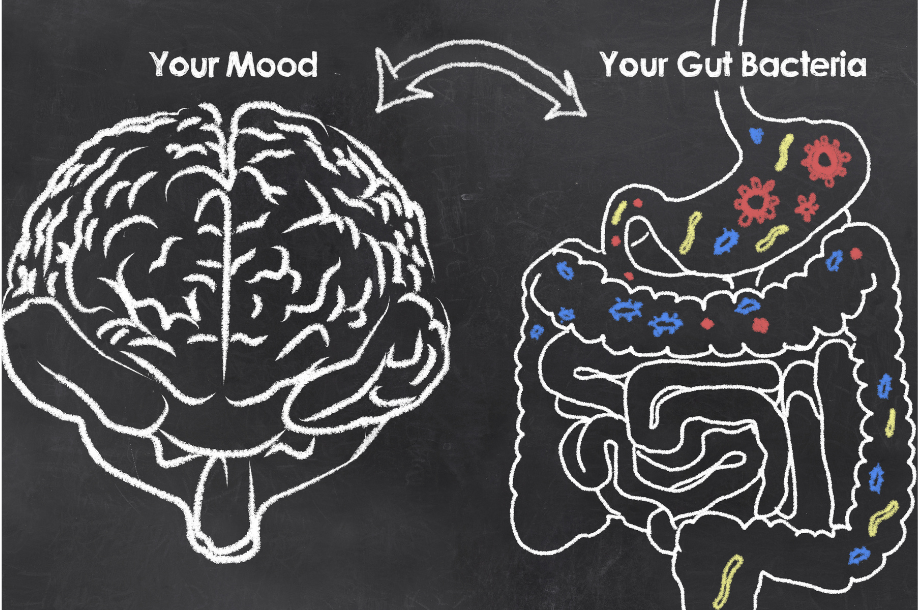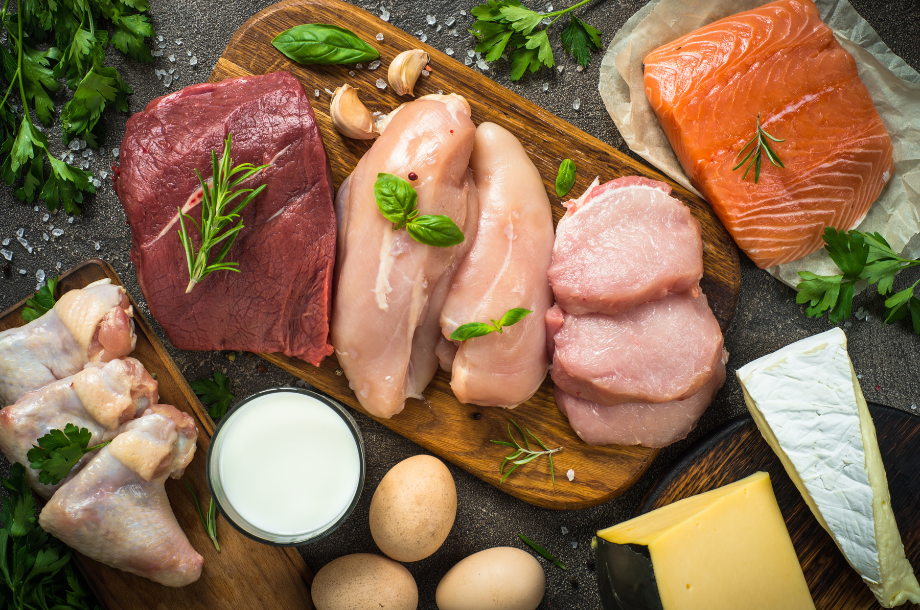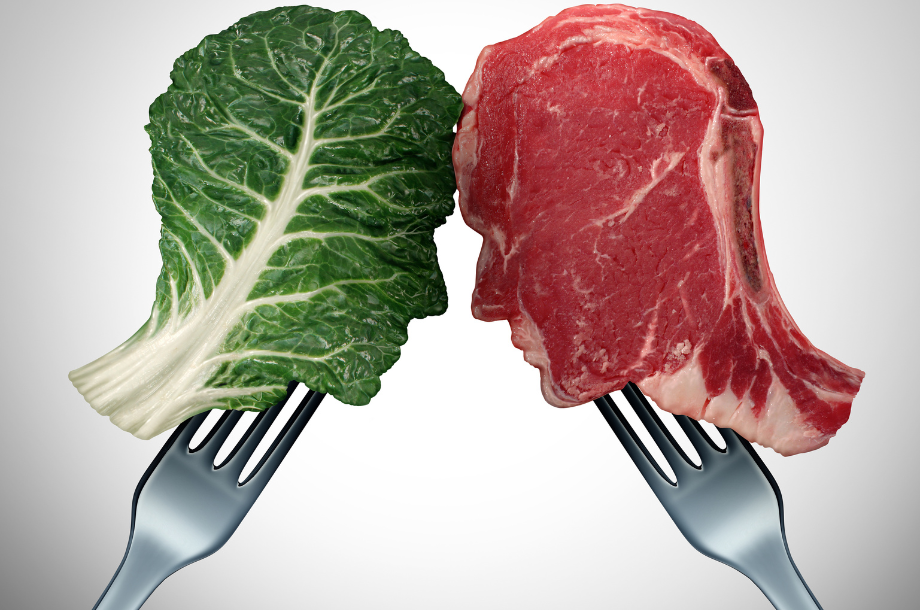BLOG
Knowledge, like food,
is powerful medicine.
Topics
- View Topics
While there’s currently a lot of focus on female menopause, men also go through their own version of menopause called andropause. Andropause is the gradual decline in testosterone levels as men grow older, usually beginning in the 4th decade of life. Andropause has its own characteristic symptoms, both emotional and physical, including mood changes like […]
Lots of women struggle during perimenopause and menopause and are looking for ways to feel better. While there’s tons of information out there about the benefits of hormone replacement therapy (HRT), it’s important to understand the potential downside too, so you can make the right decision about what’s best for you. If you do a […]
Are you having menopausal symptoms and also drinking alcohol regularly? I hate to be the bearer of what you might perceive as bad news, but minimizing or eliminating alcohol could be key to managing your symptoms! Let’s take a look at the top menopause complaints: mood swings, anxiety, sleep disturbances, hot flashes, night sweats, weight […]
Scientists continue to deepen our understanding of the bi-directional exchange between the gut and the brain, with most research investigating the communication from the GI tract to the central nervous system. The focus is usually on what to eat to feed the beneficial bacteria in our gut that facilitate cognition, and which probiotics could improve […]
Mounting scientific evidence supports a strong association between the gut microbiome and brain function, including cognition and dementia. Because antibiotic use has significant impacts on bacterial communities in the gut, scientists set out to investigate the link between antibiotic use and cognition in a study published in PLoS One. In a retrospective cohort study (one […]
People diagnosed with autism spectrum disorder (ASD) have a distinct microbial footprint. Does this mean that alterations in the gut microbiome cause autism? It’s probably not that simple, but the gut microbiome may play an important role in ASD diagnosis and treatment. A recent study published in Nature Microbiology found that children with ASD have […]
The demand for high protein foods is rising, with almost three fourths of consumers reporting they aim to increase their protein intake in 2025. In 2024, 20% of Americans reported following a high protein diet, compared to 4% 5 years prior. What’s driving this demand? A lot of it stems from social media. Influencers and […]
If you think of your diet as medicine – a diet that can offer you disease prevention and anti-aging properties for your lifetime – then yes, the type of protein you consume matters a lot. I’m not here to demonize animal protein, but I do want to point out that making animal protein an accent […]
If you’re grappling with what a daily meal plan looks like that meets both your fiber AND your protein needs, you’ve come to the right place! Check out “What I Eat In A Day,” Gutbliss style. -Breakfast: Overnight Oats with Chia Seeds -Lunch: Mjadra with Roasted Asparagus –Snack: Dates with Nut Butter –Dinner: Roasted […]
Acid is essential for digestion—that’s why your stomach makes it! Stomach acid activates an enzyme called pepsin, which breaks proteins down into amino acids that your body can absorb, and it’s also necessary for absorption of vitamin B12 and other important nutrients that can only be properly assimilated in an acidic environment. The release of […]
What’s the real culprit behind your stomach pain? Could your sickness after a high lactose meal be food poisoning or lactose intolerance? Experts weigh in (including Dr. Chutkan!) and explain the 3 key differences to narrow it down. https://www.wellandgood.com/health/food-poisoning-or-lactose-intolerance
The majority of colds and flus are viral, and taking antibiotics can actually increase your susceptibility to future infections (both viral and bacterial) by depleting your body of its microbial defenses. So what’s the best way to heal when you’re sick while also protecting your microbiome? Not only does spending time outside protect against viral […]


















